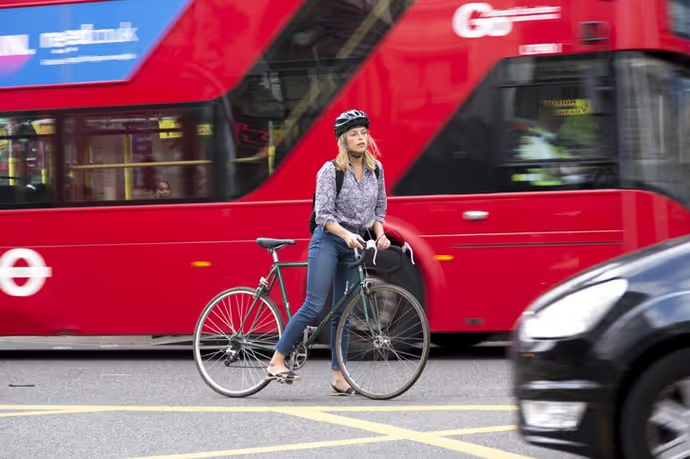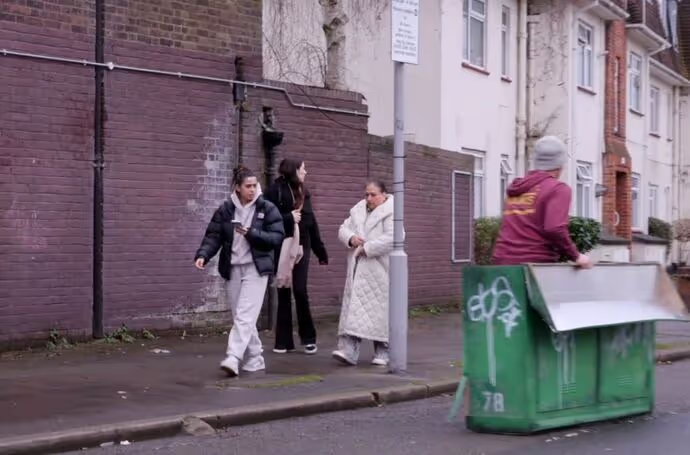e-bikes
This week marked the seventh annual World Bicycle Day, a UN-backed celebration of the most efficient, affordable, and sustainable mode of transport ever invented. As far as we're concerned, every day is World Bicycle Day, but the theme this year – Cycling for a Sustainable Future – could hardly feel more urgent. With climate targets slipping out of reach, cities choking on traffic, and health services groaning under the weight of preventable illness, the case for getting more people on bikes has never been stronger. The bicycle is more than just a way to get from A to B – it’s a catalyst for healthier lives, cleaner air, and cities that are fairer and more accessible for everyone.Yet here in the UK, we still seem to treat cycling as a fringe activity. Something "other people" do.
We don’t yet know why a man drove his car into a group of people this weekend, with devastating consequences. But we do know why he didn’t. Police were quick to confirm: this wasn’t terrorism. The suspect, a 53-year-old white man, was arrested at the scene. The prompt release of this information - unusually swift - was made to calm tensions and prevent unrest.
But what about the unrest caused by the act itself? A man drives into a crowd. People are injured. People are afraid. And then… silence.
If there’s one thing guaranteed to put a dampener on your bikepacking dreams, it’s running out of water miles from the nearest tap. Whether you’re crossing the Cairngorms or pedalling to the pub via a particularly scenic detour, a reliable way to purify water is more than just clever – it’s peace of mind in a bottle.
Enter the Camelbak x LifeStraw collaboration: A 1-litre reusable bottle that filters out bacteria, parasites, and microplastics, while also reducing lead, chlorine, and the other chemical lurkers you’d rather not sip
If you want a glimpse of what a child-friendly city could – and should – look like, look no further than Paris. Once infamous for its gridlocked boulevards, the French capital is now setting the gold standard for safe, walkable, and cyclable streets for children. And for cities like London, still wading through half-measures and culture wars over LTNs, the message is clear: The future is already here – it’s just not evenly distributed.
It’s hard to miss the Northern Light Motors trike. Sleek, cocoon-like and painted in traffic-stopping cherry red or electric blue, this British-built machine looks like something straight out of a retro-futurist daydream. But behind the head-turning design is a serious question: In a world of congested streets, rising emissions and bloated SUVs, could something this small, charming and cleverly designed offer a rational alternative to the everyday car?














.avif)




